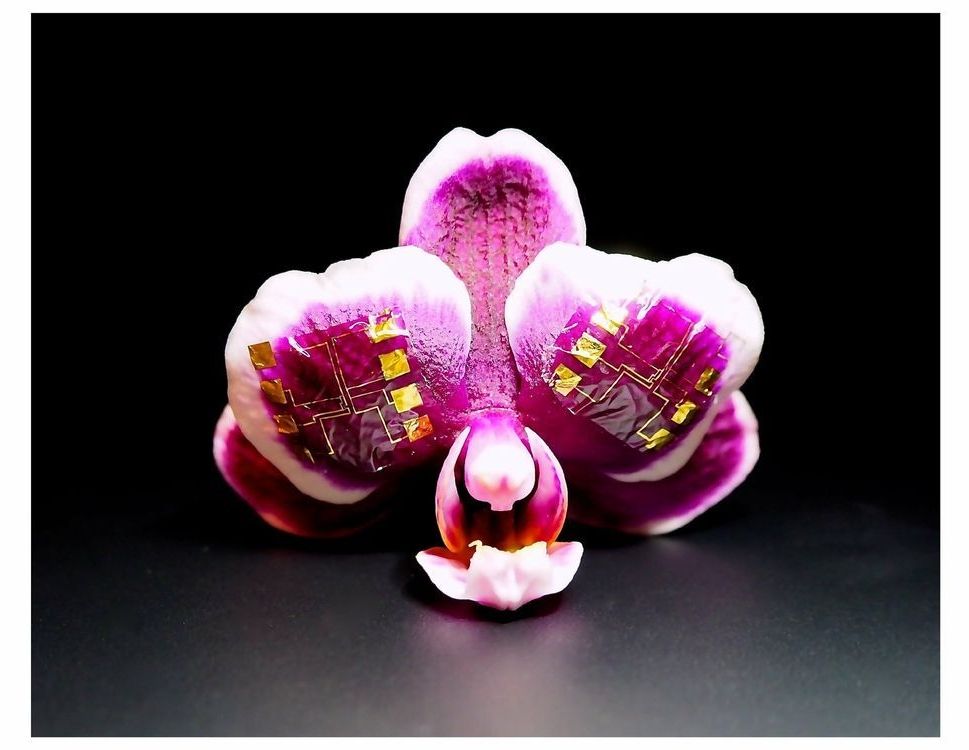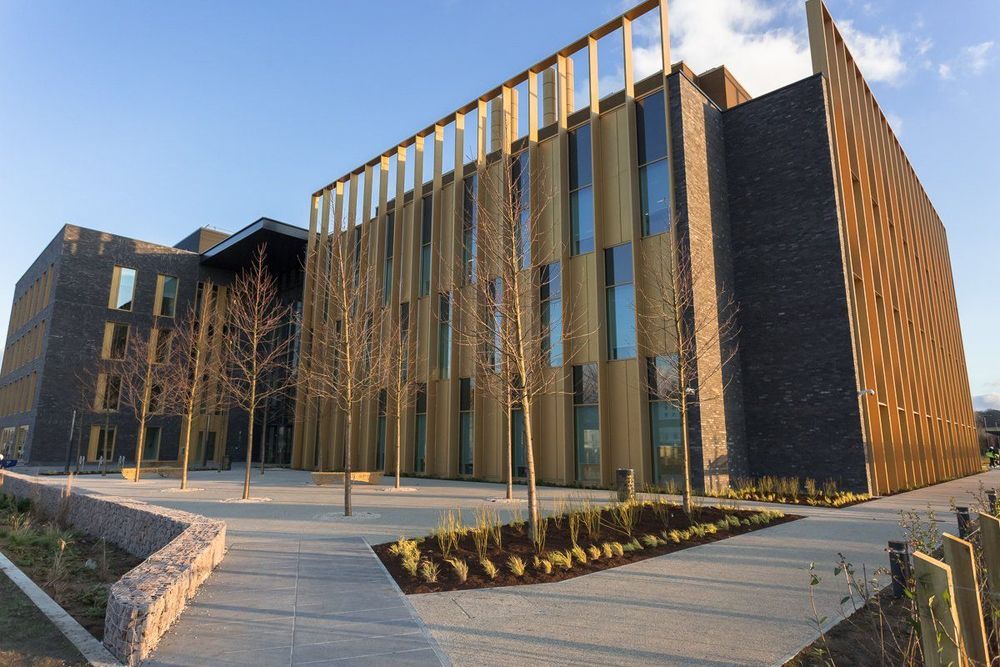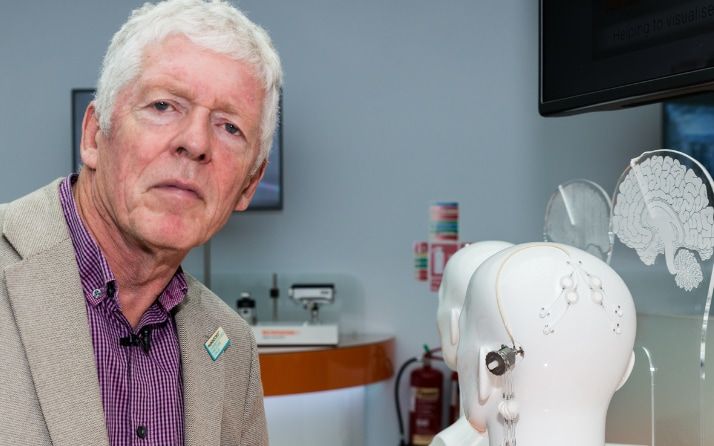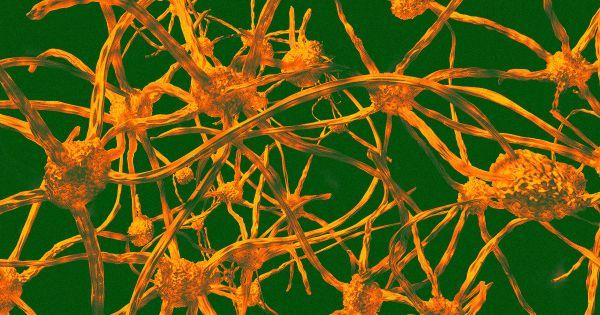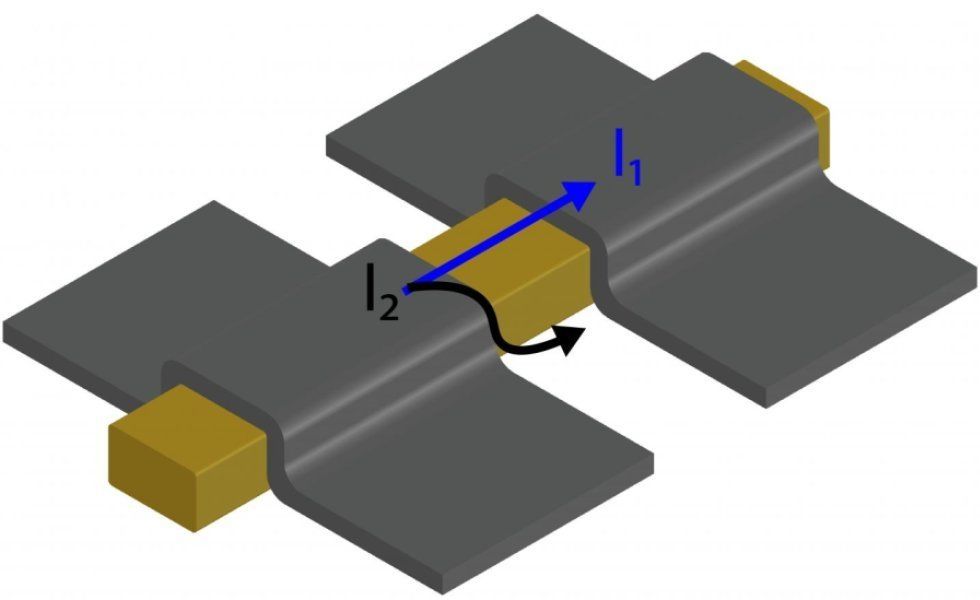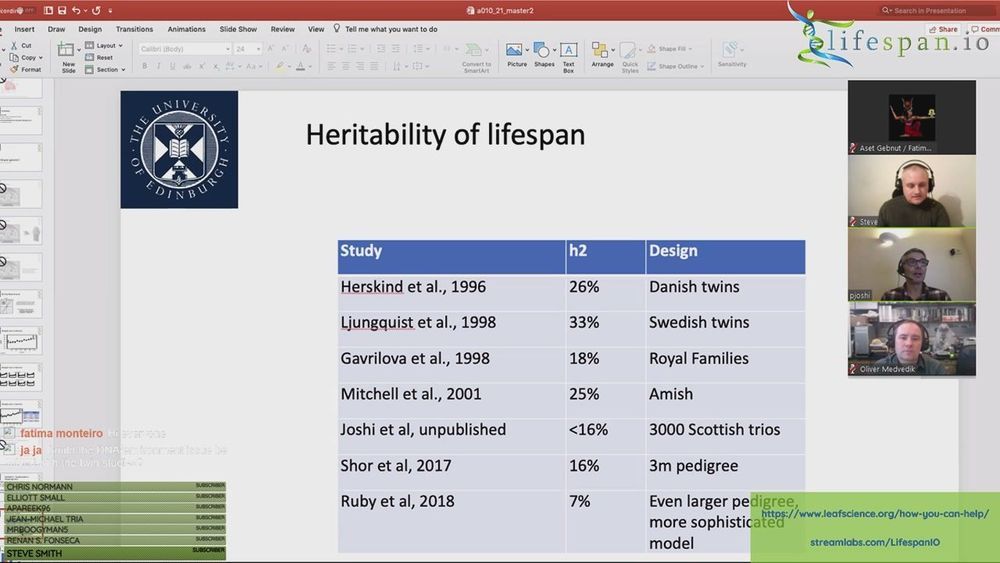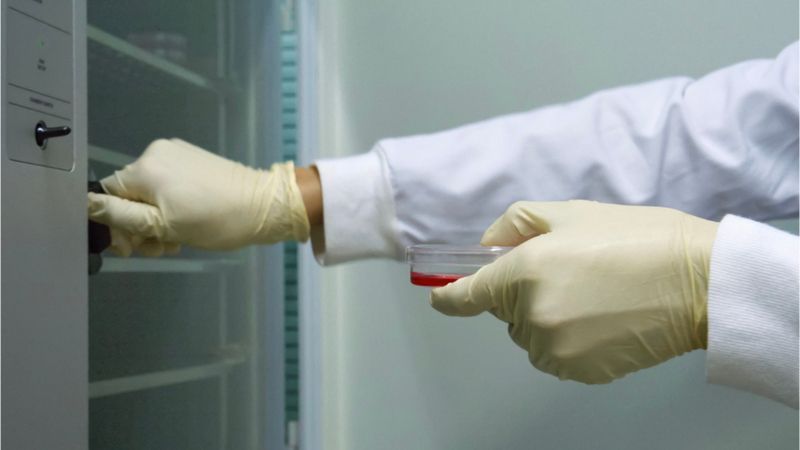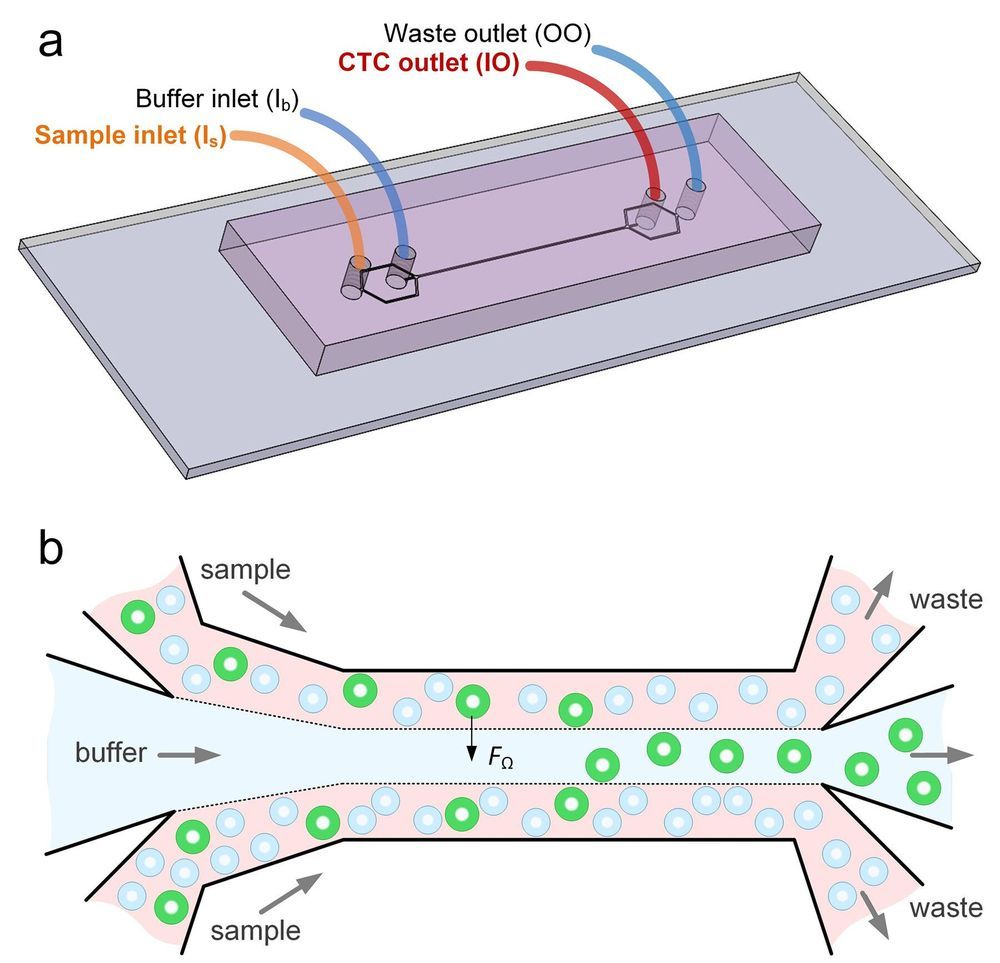
A consortium of groups has come together with the painstaking task of charting the longevity industry, such as its companies, journalists, thought leaders, investors, and recent developments. The Longevity Industry in UK Landscape Overview 2018 report covers a great amount of ground and is well worth a read for people who are interested in this rapidly evolving scientific field.
This particular edition, which spans an impressive 1000+ pages, is focused on the United Kingdom; there will be additional reports covering Switzerland, Japan, Hong Kong, and California, and there will also be a more general global industry report in its second edition.
Interest in longevity has been increasing for some years, and we are at last seeing a true industry starting to bloom as more and more companies, researchers, and investors step into the ring. Companies such as Unity Biotechnology taking senescent cell-clearing therapies to human trials, deep learning approaches being applied to aging by companies such as Insilco Medicine, and Ichor Therapeutics’ development of age-related macular degeneration therapies have served to ignite the fires of enthusiasm and have brought ever-increasing funding and interest into this field.
Read more
